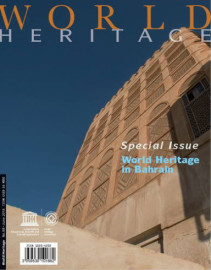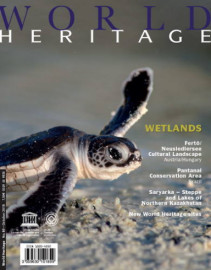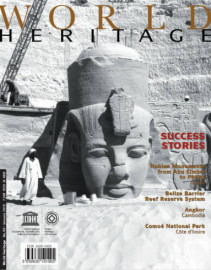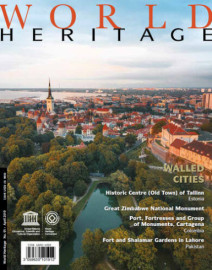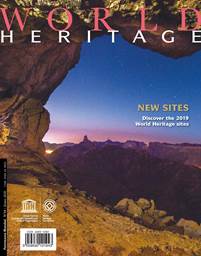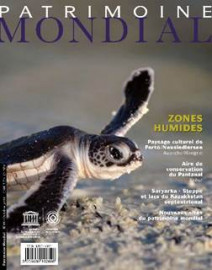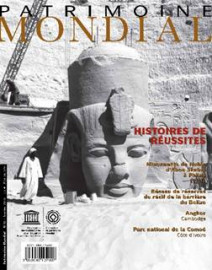DL Services SPRL
Rue Vanderborght 24
1081 Brussels Belgium
info@dl-servi.com
World Heritage Review 92: Special Issue - World Heritage in Azerbaijan
Disponible
Baku has always been at the crossroads of cultures. Situated along the western shore of the Caspian Sea, it is part of ancient trade routes from the Central Asian steppe towards Europe, and was the main port to receive goods from the East shipped across the Caspian Sea. Heading westwards from Baku, merchandise would be transported north through the Caucasus Mountains and to the Black Sea and to Istanbul. Baku has thus been an important multicultural hub in the region throughout history. Archaeological evidence from Baku indicates that the city was founded several centuries before the Common Era, and has evolved in this history of economic and cultural exchanges.
Azerbaijan has a longstanding relationship with UNESCO in many aspects of its mandate. In addition to ratifying all six of the Culture Conventions, Azerbaijan has a city in the Creative Cities Network (Sheki, Creative City of Crafts and Folk Art), thirteen elements of Intangible Cultural Heritage — that you will discover in these pages — and two sites under the enhanced protection of the Second Protocol (1999) to the 1954 Hague Convention for the Protection of Cultural Property in the Event of Armed Conflict.
Vous pourriez avoir besoin de ces produits






